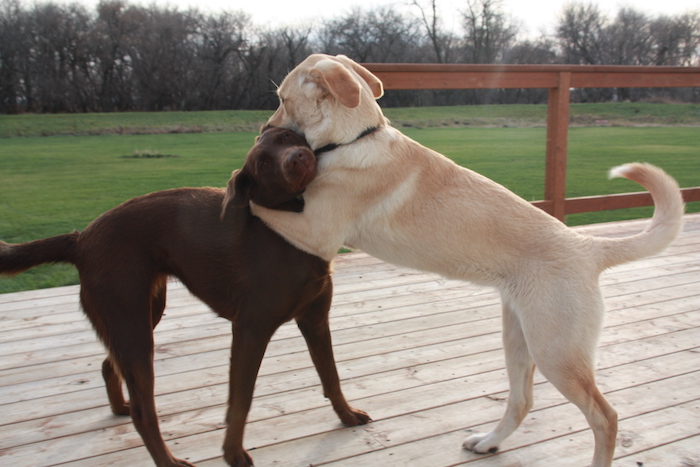When I moved to the farm after 13 years of living in the city, my grandmother suggested I start small. You know, small garden, only a few chickens, don’t bite off more than you can chew…I didn’t really listen. Maybe I should have. But now, almost three years into my prairie farm life, I think it might be too late to heed her wise advice…
Spill the beans is a weekly column chronicling my attempts at a self-sufficient life on this small prairie farm.
***
So about a year or so ago, I was reading about the crisis of alpacas in the US. I know “alpacas” and “crisis” seems like an odd combination. But here’s the story in brief:
People who wanted to get into farming were told that alpacas were the “next big thing”, and better than that alapacas were cheap to buy and easy to care for. You would raise them and they would be so cute and cuddly and then you would shear them (much like sheep, but who spit and have much longer legs – I’d probably pay money to see an alpaca shearer try to flip an alpaca on to its back, like sheep shearers do…) and sell the wool because alpaca wool is WAY better than wool from sheep or goats (according to the people who were trying to make alpacas the next big thing}.
And people who had no experience whatsoever with raising livestock and farming began to buy alpaca farms, thinking they were in the money now. But there was no market for the wool. No one was buying the wool. No one was manufacturing that wool into textiles. There was no market for it. And raising alpacas is not easy. Just like any livestock, they are work. They need proper shelter, bedding, fencing, stimlulation, space and nutrition. One collective of savvy farmers that I read about decided to manufacture the textiles themselves and were making a living with that. Many other farms, though, were in dire straits. Desperate people who had lost their life savings buying farms simply walked away from their animals and left them to starve. Others opened up their fences to let the alpacas run away, hoping they would survive in the wild. It’s sad and cruel but sometimes people feel like they have no other options.
Seeing this and feeling like these animals deserved a better life, one family decided to start an alpaca rescue. You know, sort of like a dog rescue but on a MUCH larger scale. This family farm would take calls from people about farms that were abandoned that still had animals on the property. The family would go and rescue the animals, rehabilitate them if possible and sell them to actual farms, where they knew the animals would be looked after.
And that got me thinking…(I’m sure you are not surprised).
What if I started a farm animal rescue? It’s not exactly glamourous, but we know that in all rural areas there are people just as desperate as those misguided alpaca farmers, who feel they have no choice but to walk away from what they have spent their lives trying to build. And I don’t know this for sure, but I think it might be people just like me, who have a dream of living in the country with some chickens, a big garden and a couple of dogs. Who dream of expanding their menagerie into goats, sheep, a cow or two, maybe a horse, maybe some donkeys, but get too big too fast. Or the circumstances change and suddenly the peaceful country hobby farm becomes way too expensive or way too much work. And things go south.
Could that happen to us? Yes. It could happen to anyone. We have to be very aware of that. Sometimes, it’s the thing that gets me out of bed each morning to make sure the chickens have food and water. No, I don’t make my living from my chickens. But I have to care about them. I have to care about the weather and the crops and the garden.
And I do care. T is always a touch worried that I will start this animal rescue. He knows that I have it in me and that I will take care of the animals I have. He also knows that he will be just as into it as I am.
So what’s stopping me? Well, we are not set up for that sort of thing right now. If I’m going to rescue animals, I need to make sure I can do an incredible job of taking care of them. This means adequate shelter, food, fencing, access to medicine and vet care, you get the idea. I’m not there yet. But in a couple of years, just you wait. If you know of a farm animal in need, I’ll be your first call.
***
Jamie lives, teaches and farms in Southern Manitoba. Follow her on twitter, @jndyck.
